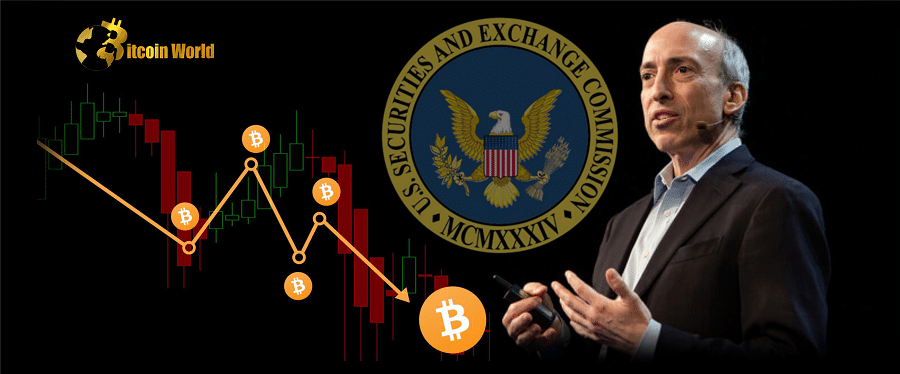Grayscale’s CEO was the latest to criticize the authority for its “regulation by enforcement” practices.
According to the CEO of Grayscale Investments, the Securities and Exchange Commission’s (SEC) approach to crypto regulatory compliance has stymied the progress of Bitcoin in the country.
In a letter published on Jan. 23 in The Wall Street Journal, Michael Sonnenshein, the CEO of the cryptocurrency asset management firm, said he agreed with an allegation that the SEC was “late to the game” when it came to crypto regulation and preventing FTX’s bankruptcy, adding:
“‘Late’ doesn’t capture what transpired here. The problem is the Securities and Exchange Commission’s one-dimensional approach of regulation by enforcement.”
Grayscale is now suing the SEC for denying its Bitcoin trust’s conversion to a spot-based Exchange Traded Fund (ETF).
He clarified the SEC “should undoubtedly endeavor to eradicate unscrupulous actors” but it shouldn’t obstruct “efforts to develop acceptable rules.
“The regulator’s failure to prevent such unscrupulous actors from entering the crypto industry “prevented Bitcoin’s entry inside the U.S. regulatory perimeter,” Sonnenshein wrote.
As a result, American investors have been driven to employ foreign crypto enterprises “with less protection and regulation,” he claims.
“We are witnessing the real-time implications of the SEC’s priorities – at the expense of US investors.”
The Securities and Exchange Commission has been contacted for comment by Cointelegraph.
Grayscale is suing the SEC for “arbitrarily denying” Grayscale’s plans to convert its Grayscale Bitcoin Trust (GBTC) to a spot ETF, according to Sonnenshein’s opinion post.
The SEC claimed that Grayscale’s approach did not provide adequate protection against fraud and manipulation. Grayscale retorted that the SEC unfairly treated spot-traded items differently than futures-traded products.
Grayscale is owned by the cryptocurrency company Digital Currency Group (DCG), which is currently in financial trouble.
DCG also controls the bankrupt Genesis Trading, which was charged by the Securities and Exchange Commission on January 12 for allegedly selling unregistered securities.
Over the weekend, crypto skeptic and former SEC director John Reed Stark slammed the notion of “regulation by enforcement,” calling it a “Bogus Big Crypto Catch Phrase.”
In a Linkedin post on Jan. 22, he termed the word “total rubbish” and described it as a “misguided, deflective effort aimed to tap into sympathetic libertarian and anti-regulatory mores.”
He contended that “litigation and SEC enforcement are how securities regulation truly works.”














